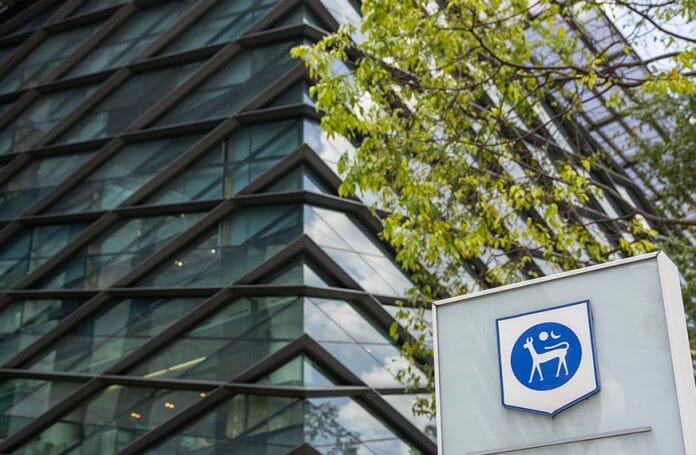Bank Negara Malaysia (BNM) is positive on the ‘improvement in trade activity’, but still cautious on the growth of the global economy that will likely ‘expand albeit moderately;’ which were among the reason as to why the Overnight Policy Rate (OPR) was left 3.00%.
CGS International (CGS), in its Economics Update today (Mac 8), said supportive measures such as income repatriation of GLCs and GLICs only serve as a temporary boost.
No hike, as expected BNM held the OPR at 3.00% for the fifth pause in a row, in line with forecast.
The rate pause decision was also unanimously expected by economists in a Bloomberg consensus poll.
BNM positive on global trade recovery
Comparing the current MPC statement against that issued on 24 Jan 2024, the tone remains neutral. On the global side, there were some changes made in the statement:
1) BNM is positive on ‘improvement in trade activity’, but still cautious on the growth of the global economy that will likely ‘expand albeit moderately’.
The statement also highlights BNM’s confidence that ‘global trade is expected to strengthen’ a reversal from its previous statement which said trade would remain ‘soft’.
2) As ‘regional economies [are] expected to improve’, we think that BNM is assured this could support Malaysia’s growth despite ‘China’s growth… likely to remain modest’.
As for the domestic economy, BNM continues to hold the belief that GDP growth would ‘improve’ in 2024, as a result of robust domestic spending and rebounding export growth.
In the statement, BNM added that ‘stronger global trade’ would support exports.
Malaysia’s Jan 24 trade data was especially encouraging despite the risk posed by the Red Sea crisis.
Nevertheless, although having little effect on trade volume, CGS think shipment delays could be a persistent problem in the near term.
CGS is also cautious on the potential resurgence of the US-China trade war in the event that the US sees a change in political leadership following its presidential election in Nov 24.
No further hikes in 2024F, maintain at 3.00%
As China will continue to face significant growth obstacles due to persistent issues in the real estate sector, Malaysia will have to continue to rely on its domestic economy for GDP growth, with the tourism sector and a robust labour market serving as drivers.
The weak ringgit could also favour exporters once global trade demand recovers.
CGS maintain their view that the OPR will be kept at 3.0% in 2024F.
Addressing the weak ringgit
BNM commented on the recent weak ringgit performance against the US dollar. The central bank said the “ringgit is currently undervalued”, which is a reiteration of the statement made earlier by the BNM Financial Markets Committee (FMC) on 1 Mar.
On 29 Feb, Malaysia’s Finance Minister II said in Parliament that the ringgit is undervalued by up to 10%.
The minister reaffirmed that to prevent an excessive outflow of foreign exchange, BNM would intervene through selling off its US$ reserves.
However, he dismissed the idea of ringgit pegging or shutting down the ringgit exchange, which were implemented during the Asian Financial Crisis in 1998.
From our perspective, measures such as repatriation of assets by the GLCs and GLICs currently employed by the Bank only serve as a temporary boost.
The key for sustained ringgit recovery will stem from: 1) the US economy starting to show consistent signs of inflation tapering, and 2) China’s efforts to regenerate its economy bearing more positive results.
Both of these are beyond the BNM’s control. CGS may see continued volatility in the ringgit over the next few months as more data trickle in for the US and China.
In the meantime, CGS maintains their view of an end-2024F US$/RM rate of 4.40.









